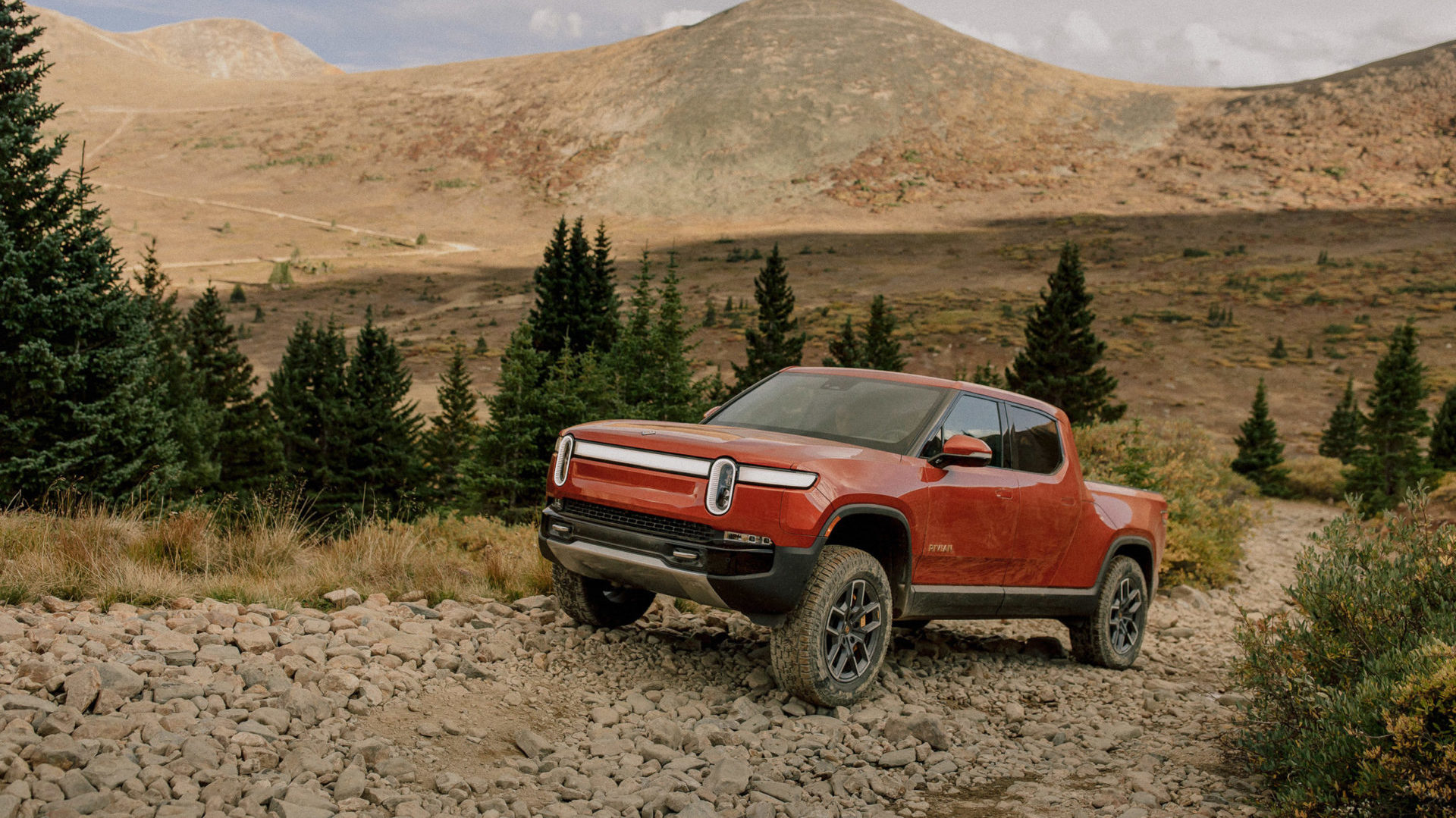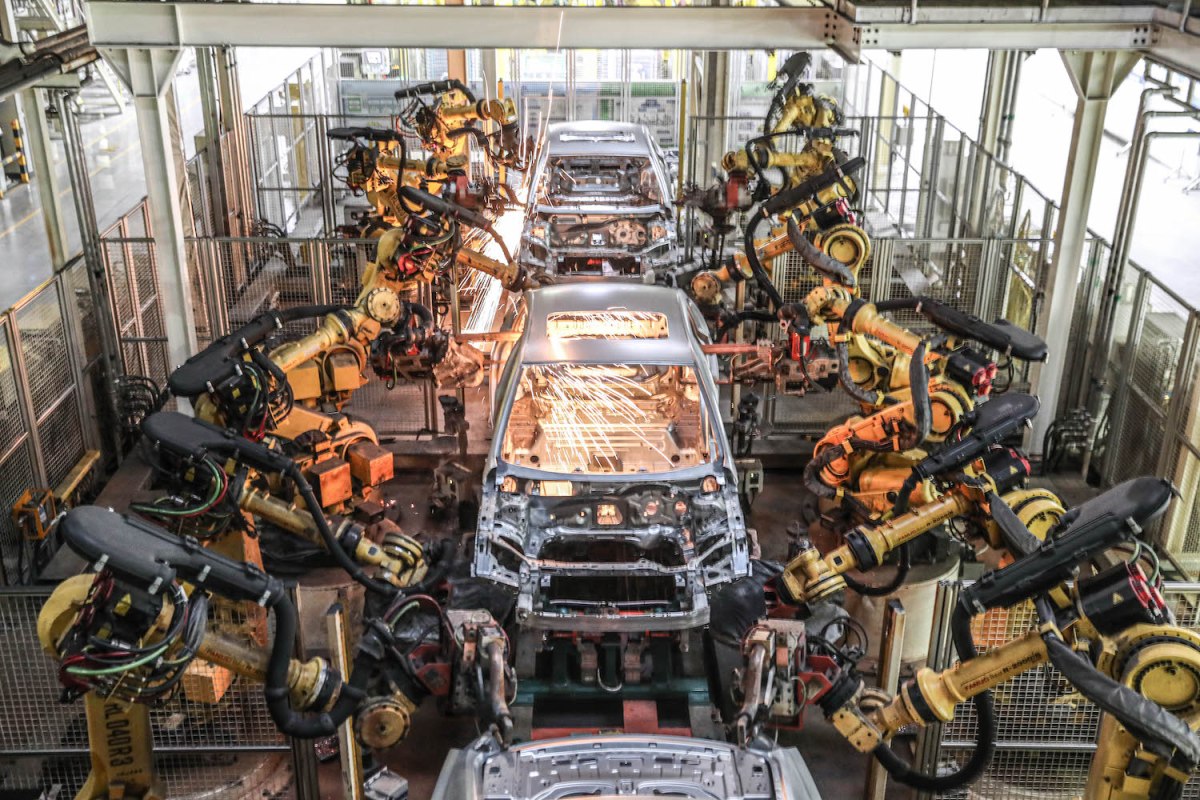There was an interesting programme on radio 4 over the last day or two. I only caught the last 10 minutes or so of it.
Guy with an existing vauxhaul Corsa (petrol)
Questions ultimately answered were
1) how much per mile is fuel on an electric version (7 ppm) and the existing petrol version (17.5ppm) A saving of 10ppm (considering the reduction in tax on petrol and the increase in electric costs.
2) What is the carbon foot print of a new electric (12,000 kg) and petrol corsa (6,000kg)
3) If i buy a new car to save the planet (ie there is nothing wrong with my current car) how many miles do i need to drive to have a net reduction of Co2 - 300,000 miles.
4) If my car is broke and i need a new car, how many miles do i need to drive to have a net reduction in Co2 on the new electric car over the petrol - this was really low like 19,000 miles or so.
It considered where our electric comes from (a mix f renewables and hydrocarbons)
I might try and find it on iPlayer to listen to it properly.
Guy with an existing vauxhaul Corsa (petrol)
Questions ultimately answered were
1) how much per mile is fuel on an electric version (7 ppm) and the existing petrol version (17.5ppm) A saving of 10ppm (considering the reduction in tax on petrol and the increase in electric costs.
2) What is the carbon foot print of a new electric (12,000 kg) and petrol corsa (6,000kg)
3) If i buy a new car to save the planet (ie there is nothing wrong with my current car) how many miles do i need to drive to have a net reduction of Co2 - 300,000 miles.
4) If my car is broke and i need a new car, how many miles do i need to drive to have a net reduction in Co2 on the new electric car over the petrol - this was really low like 19,000 miles or so.
It considered where our electric comes from (a mix f renewables and hydrocarbons)
I might try and find it on iPlayer to listen to it properly.








